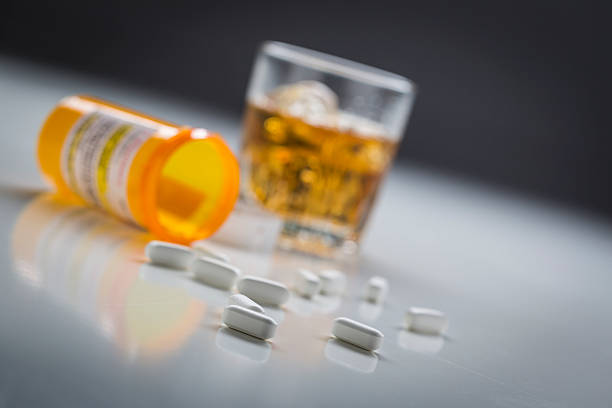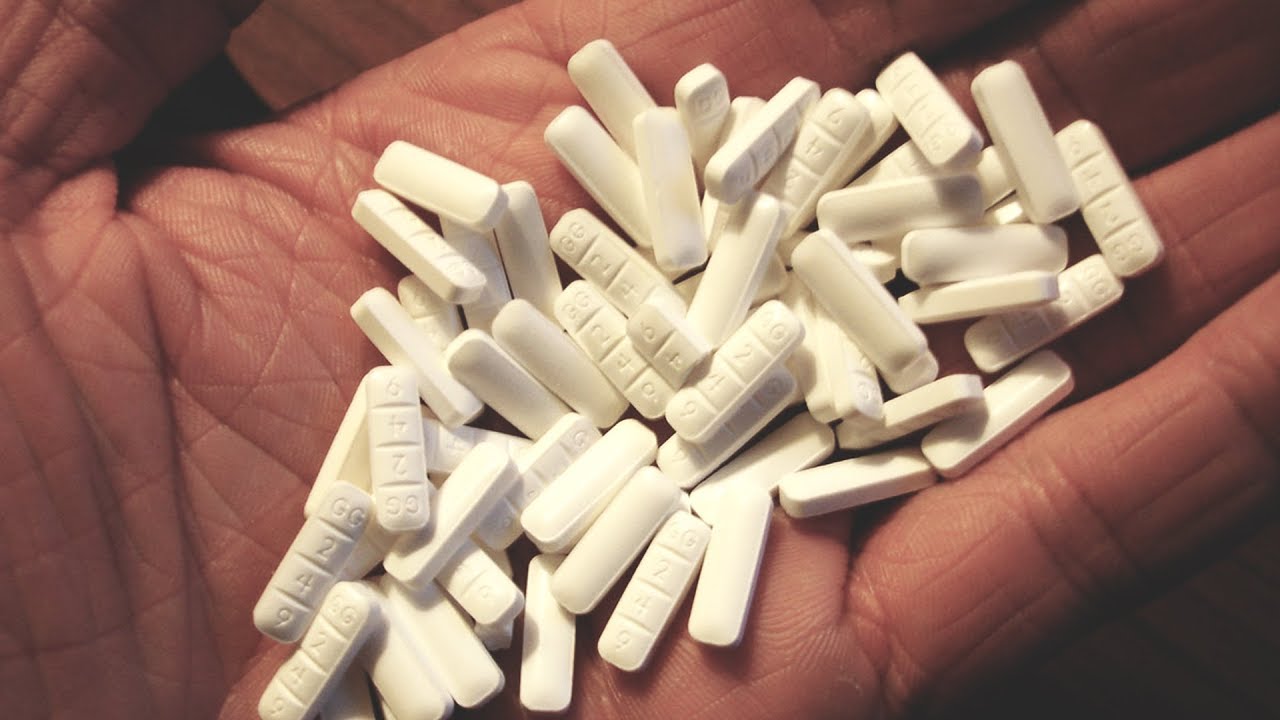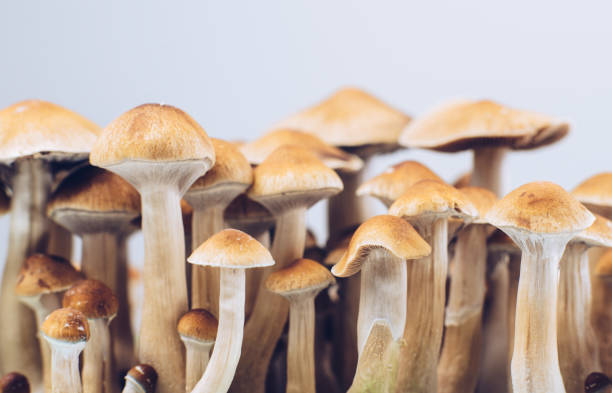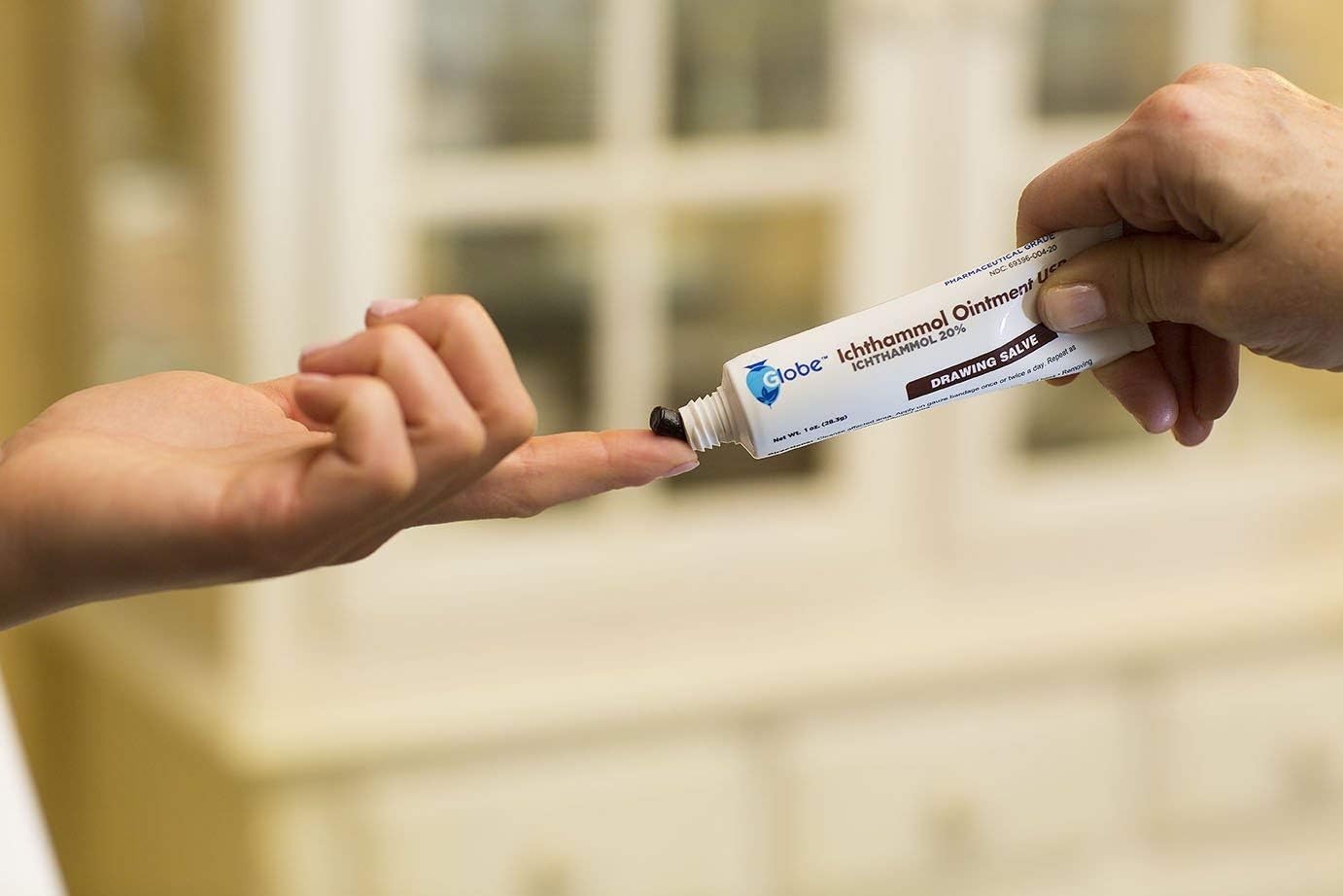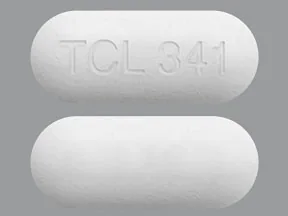If you are an alcohol consumer with Benzonatate prescribed cough medicine, it might cause you health issues. Some of you might not know what this medicine is for.
So, if you have a cough caused by bronchitis, asthma, or cold, your doctor might prescribe a medicine called Tessalon Perles, also known as Benzonatate. It is a very common cough medicine that can give you temporary relief by reducing the cough and its urge.
When you feel sick, you may try different medicines to feel better, like taking alcohol and medicines.
Some people believe that alcohol, especially whiskey, can help with cold symptoms. There might be some truth to alcohol, for example, soothing a sore throat.
However, if you are taking Benzonatate and alcohol together, then it could be harmful to you. So, it is best to avoid drinking alcohol. This article will discuss all the effects of taking Benzonatate and alcohol together.
Read Now: NYC Urgent Care: What drugs should not be taken with benzonatate?
- Can you take Benzonatate and alcohol together?
- Benzonatate and alcohol side effects
- The most common side effects of Benzonatate
- Serious side effects of Benzonatate: Guide
- Effects of Benzonatate and Alcohol
- Alcohol and other antitussives
- Alcohol’s Effects on the Immune System
- Avoid alcohol with the common cold
- Summary
- Some FAQs
- What is benzonatate?
- What are the uses of Benzonatate?
- What are the side effects of Benzonatate?
- What drugs should not be taken with Benzonatate?
- How should Benzonatate be taken?
Can you take Benzonatate and alcohol together?
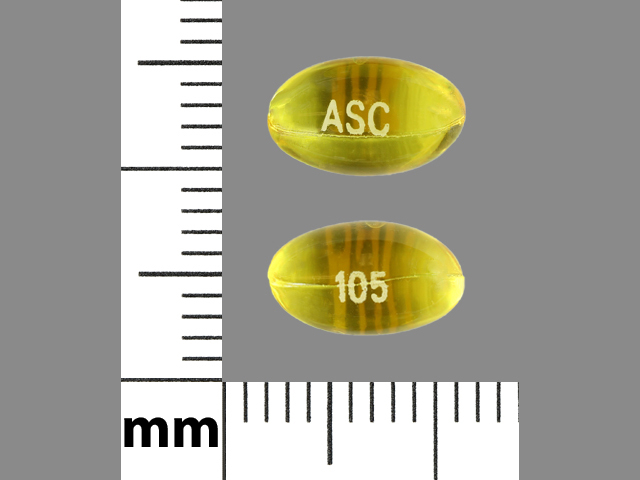
This is a common question asked by the alcohol consumer. So, when we see the label on Benzonatate, as per FDA, it does not mention any problem when taken with alcohol.
However, it does not necessarily mean that it is totally safe to consume alcohol with benzonatate capsules.
The effects of mixing Benzonatate and alcohol together can differ depending on factors like how much alcohol you consume and the dosage of Benzonatate prescribed by the doctor.
If you take less alcohol while taking Benzonatate as prescribed, it is usually not a problem. However, if you are not sure about mixing Benzonatate with other substances like alcohol or drugs, it is best to talk to the doctor for medical advice.
Benzonatate and alcohol side effects
Both Benzonatate and alcohol can affect the central nervous system(CNS) and the Gastrointerntial system(GI). If you mix Benzonatate and alcohol, there is a high chance of experiencing side effects from both substances.
The most common side effects of Benzonatate
Benzonatate has a number of side effects, but some common are:
- Headache
- Dizziness
- Itching
- Sedation
- Nausea
- Skin rash
- Constipation
- Stuffy nose
- Irritation or burning in the eyes
- Confusion
- Visual hallucinations
- Upset stomach
- Chest numbness
- Chills
Serious side effects of Benzonatate: Guide
Serious side effects from Benzonatate are not common when taken as prescribed. The most severe side effects of Benzonatate are allergic reactions, which can occur if you suck or chew the capsule rather than swallow it.
When the active ingredients of Benzonatate are released in your throat and mouth, it can trigger an allergic reaction and hypersensitivity. Symptoms and signs of such a reaction include:
- Anaphylaxis is a severe allergic reaction that can show up as trouble breathing, skin rash, and a decrease in blood pressure.
- Bronchospasm means the airways in the lungs become constricted and narrow.
- Laryngospasm is when the vocal cords become constricted and tight.
Allergic reactions to Benzonatate can be very dangerous. If you are allergic to Benzonatate, it is important to get medical help right away.
There are some other side effects of Benzonatate:
These can include situations where breathing difficulties, choking, or even death may happen, mainly if children accidentally ingest it. Taking too much Benzonatate can also cause serious side effects, restlessness, trembling, and seizures. Some people have discussed side effects within an hour of overdosing on Benzonatate, including:
Cerebral oedema, which means swelling in the brain, can happen as a serious side effect. Cardiac arrest, which means the heart suddenly stops working, can also take place. Come, a state in which a person becomes unconscious, is another common side effect of Benzonatate.
Effects of Benzonatate and Alcohol
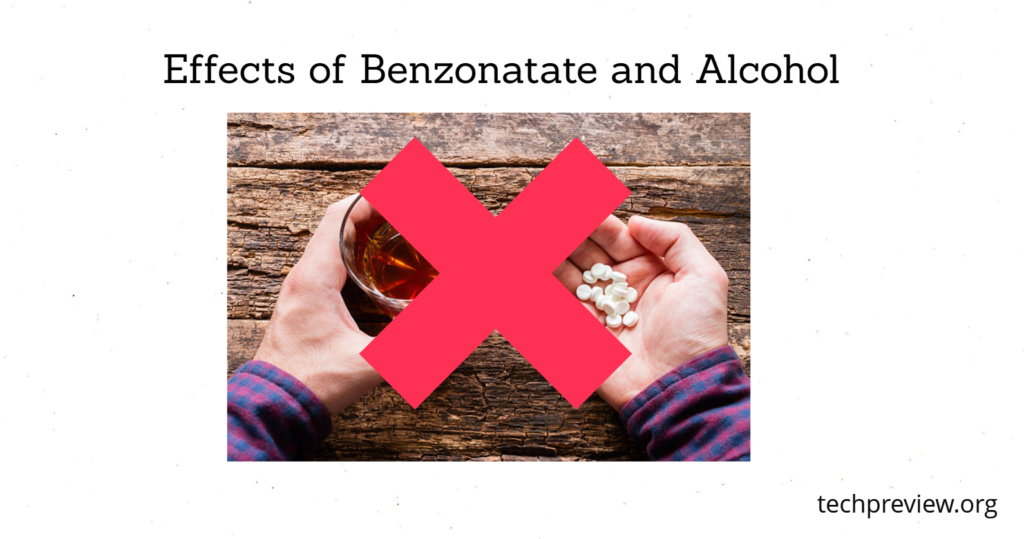
Benzonatate and alcohol can affect the Central Nervous System. This means they can both cause things like feeling sleepy or drowsiness. If you drink alcohol when consuming Benzonatate, it can make you feel even more sleepy.
In some uncommon situations, drinking alcohol can lead to mental effects like seeing things and confusion that are not there. These mental effects are often linked to heavy drinking, mainly in people with alcohol problems.
People who misuse alcohol may be more inclined to experience mental health issues, and mixing Benzonatate and alcohol could increase the risks of these effects.
The side effects of Benzonatate are often stronger when you take higher doses. However, if you face any CNS side effects when taking Benzonatate as required, it is important to avoid Benzonatate and alcohol together.
Drinking alcohol can make you feel nauseous and give you an upset stomach, which is also a side effect of Benzonatate. Mixing Benzonatate and alcohol may raise the chances of experiencing side effects related to the stomach from consuming Benzonatate.
Alcohol and other antitussives
Dextromethorphan is a well-known medicine that you cna buy without any prescription. It works by soothing and calming down the CNS, the Central Nervous System, which is similar to alcohol. If you mix alcohol with dextromethorphan, it can make the side effect of CNS stronger, like feeling drowsy or feeling sleepy.
Cough medicines can have ingredients like opioids or antihistamines. Some cough syrups may contain antihistamines like diphenhydramine and promethazine or opioids like codeine.
Taking these ingredients can help in curing and soothing coughs, but they usually cause side effects in the central nervous system, like feeling dizzy or sleepy.
It is best to avoid mixing cough medicines with alcohol because it can make you feel more sleepy. In some serious situations, mixing cough medicines with alcohol cough could cause slow breathing, coma, or extreme dizziness.
Alcohol’s Effects on the Immune System
When you are sick and consuming Benzonatate, you likely will not feel like drinking alcohol. It is often best to take rest and take it easy when you recover from your cough. Your body needs all the help it can get to cure and heal the infection properly.
That is the reason why it is important to avoid things like alcohol that can interfere with and disturb your immune system.
Studies state that alcohol can affect the immune system in different ways. Drinking less amount of alcohol might benefit the inflammation and immune system. However, taking an excessive amount of drinking in one night or regularly consuming a large amount of alcohol can harm the function of the immune system.
Research and study have found that people who misuse alcohol have a chance of facing severe lung conditions like respiratory Syncytial Virus infection(SVI), pneumonia, and tuberculosis.
Drinking a lot of alcohol can affect the function of the lung cilia, which are tiny hairs that help clean the lungs by moving viruses, bacteria, and other particles out. Talking a large amount of alcohol could harm conditions lung-like asthma and COPD.
Avoid alcohol with the common cold
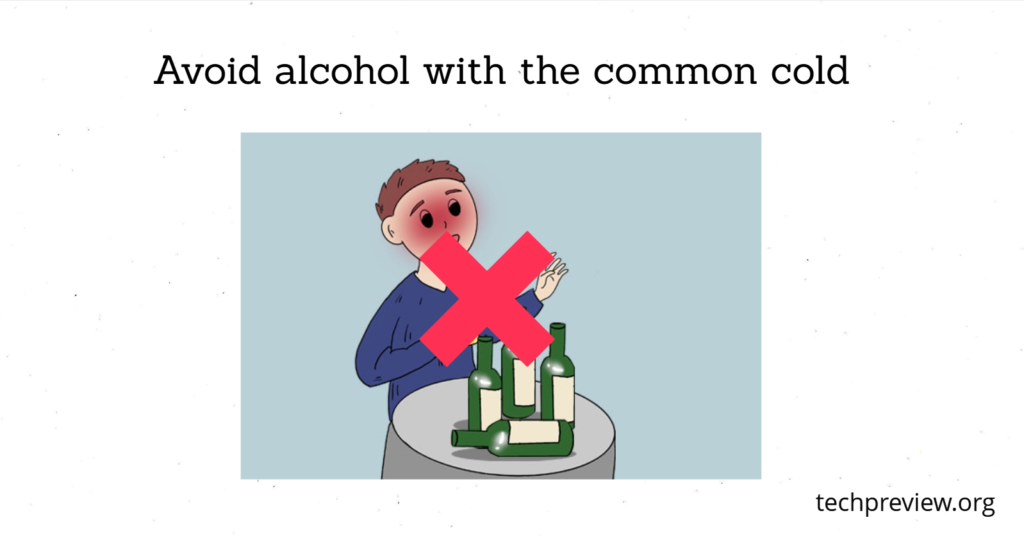
If you have a cold and you are feeling a blocked nose, it is best to avoid alcohol. Alcoholic drinks can cause symptoms of allergies like stuffy nose, headache, and cough.
The density of these symptoms can depend on the type of alcoholic drink, but you should know that alcohol has the power to make worse cold symptoms, as wine contains histamines that can trigger a blocked nose and make headache and asthma symptoms worse.
A study and research conducted in 2005 looked at how alcohol affects the nose. They found that drinking alcohol can cause symptoms like runny nose, sneezing, and congestion.
There are about 12000+ people having lung disease took part in the research and study, and they found that people with COPD, asthma, allergic rhinitis, or asthma were more likely to experience these nasal symptoms, which include alcohol.
There are some alcohol drinks that can make you feel dehydrated and exaggerate the symptoms of cold. It is important to stay hydrated to help the function of your body function properly and fight the infection. If you want to recover quickly, it is best to avoid drinking alcohol when you are feeling sick.
Summary
In summary, we have concluded that taking Benzonatate and alcohol may have severe results. However, to be cautious, it might be best to avoid drinking alcohol if you are sick and consume Benzonatate, a cough medicine.
Mixing high doses of benonatate and alcohol together can raise the chances of severe side effects. Taking Benzonatate and alcohol makes you feel extra dizzy, feel sleepy, and sick to your stomach.
If you are not well with a cough, it is best to avoid alcohol so that your immune system can work properly.
Talking to your doctor before starting any new medication is really crucial. Before taking Benzonatate, discuss with your doctor about any medical conditions that you have and the medicines you are currently consuming, including prescription drugs, medicines, and herbal supplements.
Some FAQs
What is benzonatate?
Benzonatate is a medicine used to treat dry cough instantly. It works by numbing air sacs in the lungs, which reduces the amount of cough.
What are the uses of Benzonatate?
Benzonatate is a medicine used to treat coughs that are not caused by an underlying medical condition. It is not effective for treating cough caused by bronchitis, asthma, or other infections related to respiratory infections.
What are the side effects of Benzonatate?
The most common side effect of BEnzonatate is dizziness, drowsiness, nausea, constipation, and headache. Serious side effects are really very rare but can include seizures, allergic reactions, and hallucinations.
What drugs should not be taken with Benzonatate?
Benzonatate should not be taken if you are on other medications that can cause symptoms, like tranquillizers, sedatives, and sleeping pills. It should also not be taken with alcohol. Benzonatate should not be taken with other medications that can cause drowsiness, such as sedatives, tranquillizers, and sleeping pills. It should also not be taken with alcohol.
How should Benzonatate be taken?
Benzonatate can be taken with or without food. The capsule should be taken whole and not crushed or chewed.
Read More: Benzonatate and Alcohol; What are the side effects?- What is Farmapram? (Mexican Xanax)
- Say Goodbye to Sciatica: Proven Tips and Tricks to Relieve Pain
- Mexican Xanax: Everything You Need to Know About Farmapram
- The Heart Block Poem
- Doxycycline Ruined My Life: A Cautionary Tale on Antibiotic Side Effects
- Smart Square HMH (Hackensack Meridian Health)
- L484 Pill: What You Need to Know
- All About Cymbalta
- Gabapentin Ruined My Life: The Dark Side of a Popular Medication
- Cymbalta Ruined My Life: A Cautionary Tale of Antidepressant Side Effects

